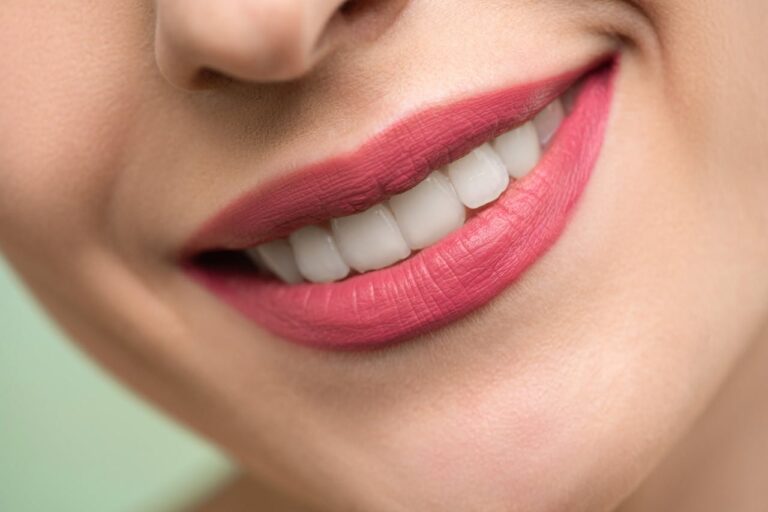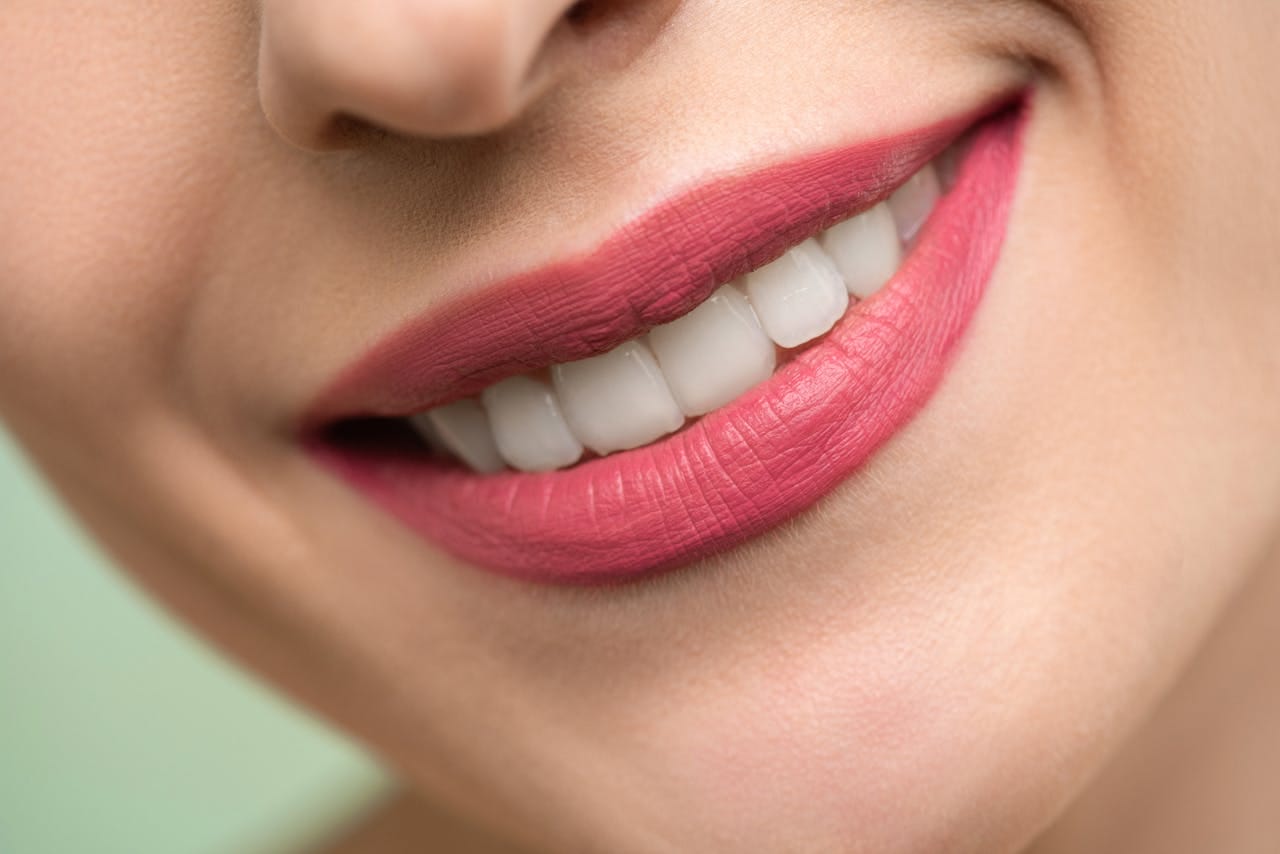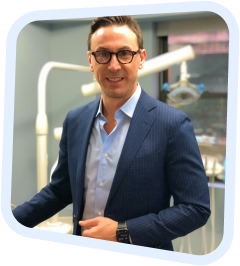Do you ever wake up with a tight jaw and a dull ache? It might surprise you to learn that millions of people grind their teeth at night, often without realizing it. Teeth grinding, also known as bruxism, can cause various problems, from chipped teeth to headaches. But the good news is there are effective strategies to fix grinded teeth and protect your oral health.
This article will explore the causes and consequences of teeth grinding and help you find a solution.
What Is Teeth Grinding?
Teeth grinding, medically known as bruxism, is a condition where you involuntarily clench, gnash, or grind your teeth.
It can happen during sleep (nocturnal bruxism) or while awake (awake bruxism).
Many people grind their teeth occasionally, especially when they’re stressed. But, chronic bruxism can lead to various dental and health problems.
8 Reasons Why Teeth Grinding is Bad for You
Teeth grinding, also known as bruxism, might seem harmless, but it can wreak havoc on your oral and overall health.
Here’s why you should break the bruxism habit:
Wrecked Smile and Altered Bite
Bruxism doesn’t just damage your teeth cosmetically by chipping, cracking, or flattening them. The constant grinding wears down the structure of your teeth, potentially leading to misalignment and bite problems down the line.
This can affect your ability to chew comfortably and speak clearly.
Enamel Erosion and Increased Cavity Risk
Constant grinding wears down your protective tooth enamel, leaving your teeth vulnerable to cavities.
The exposed dentin underneath is softer and more susceptible to decay.
Sharpened Sensitivity and Tooth Pain
Worn-down enamel exposes deeper tooth layers, leading to hypersensitivity.
This means hot, cold, sweet, or acidic foods and drinks can trigger sharp pains and discomfort, turning simple pleasures like an ice cream cone into a painful experience.
Jaw Fatigue and TMJ Issues
Clenching your jaw throughout the night or day is like giving your jaw muscles a relentless workout, leaving them constantly tired and achy.
Over time, this strain can contribute to temporomandibular joint (TMJ) disorders.
TMJ issues cause pain and difficulty opening or closing your mouth, adding another layer of discomfort to your daily routine.
Facial Pain That Spreads
Bruxism’s impact goes beyond your jaw, causing pain and tenderness in your face and neck muscles.
You might even experience discomfort that mimics an earache, even though the source of the pain is in your jaw joint.
Head Throbbing Headaches
The persistent tension from teeth grinding can trigger headaches that start at your temples and radiate throughout your head.
These headaches can be intense and debilitating.
Cheek Trauma and Inner Tissue Damage
The constant friction caused by grinding your teeth can wear down the soft tissues inside your cheeks.
This can lead to soreness, irritation, and even bleeding, making simple actions like smiling or talking uncomfortable.
Sleep Disruption and Daytime Fatigue
Severe bruxism can disrupt your sleep in two ways. The grinding can wake you up at night, and the discomfort it causes can lead to restless sleep.
This sleep deprivation can leave you feeling tired during the day.
8 Effective Ways to Stop Teeth Grinding
Luckily, there are various strategies you can use to stop teeth grinding and protect your oral health. Here are 8 effective methods to combat bruxism.
1. Stress Management
Since stress and anxiety are common triggers for bruxism, learning to manage them effectively is crucial.
Relaxation techniques like deep breathing, meditation, yoga, or progressive muscle relaxation can help reduce tension and prevent nighttime teeth grinding.
Consider activities you find interesting, such as listening to calming music, reading, or spending time in nature.
2. Biofeedback Therapy
Biofeedback therapy uses sensors to monitor your muscle activity, including your jaw muscles.
During therapy sessions, you’ll receive real-time feedback on your muscle tension levels. As you learn to recognize the sensations associated with clenching, you can consciously relax your jaw and prevent grinding.
3. Mouthguards and Splints
Mouthguards and splints are custom-made dental appliances that fit over your teeth and create a physical barrier between your upper and lower jaws.
They absorb the impact of grinding and prevent your teeth from coming into direct contact.
Mouth guards are particularly effective in preventing nighttime bruxism and protecting your teeth from damage.
4. Behavioral Modification Techniques
If you have a habit of clenching your jaw during the day, becoming more aware of your triggers and replacing the behavior with a healthier one can be very helpful.
Pay attention to situations that make you clench your jaw, like focusing intently on a task or feeling frustrated.
Try replacing that clenching with a conscious effort to relax your jaw muscles, perhaps by opening your mouth slightly or placing your tongue between your teeth.
5. Dietary Adjustments
Certain foods and drinks, particularly caffeine and alcohol, can exacerbate bruxism symptoms.
Limiting or eliminating these substances from your diet, especially before bedtime, can help reduce nighttime grinding.
Also, avoid chewing on hard candies, gum, or other objects, as this can strain your jaw muscles and trigger grinding.
6. Proper Sleep Hygiene
Creating a relaxing bedtime routine and ensuring good sleep hygiene practices can significantly improve your sleep quality and potentially reduce nighttime bruxism.
Establish a regular sleep schedule, create a calming environment, and avoid screen time close to bedtime.
7. Addressing Underlying Medical Conditions
In some cases, bruxism can be a symptom of an underlying medical condition, such as sleep apnea or certain neurological disorders.
If lifestyle changes and home remedies don’t alleviate your bruxism, consult your doctor to rule out any underlying medical issues that might be contributing to the problem.
8. Botox for Bruxism
Botox injections are a possible treatment for teeth grinding or bruxism, but it’s important to weigh the potential benefits against the need for more research.
The procedure involves injecting small amounts of Botox directly into the masseter muscle, which is responsible for jaw movement.
By relaxing this muscle, Botox may alleviate teeth grinding and associated headaches. This relaxation effect could offer significant relief for those struggling with bruxism’s discomfort.
It’s important to understand that Botox is not a cure for bruxism. The injections’ benefits typically last for three to four months, so repeated treatments would likely be necessary.
Before considering Botox injections for bruxism, discuss with your dentist. They can weigh the potential benefits against any individual risk factors and help you decide if this approach is right for you.
Fix Your Teeth Grinding Concerns At Advanced Dental Arts
Understanding the root cause of your bruxism is crucial for developing a personalized treatment plan.
At Advanced Dental Arts, our experienced dentists can comprehensively evaluate your teeth grinding and discuss the most effective options for you.
We offer a range of solutions to address bruxism, from custom-made mouthguards to Botox treatments. Our goal is to help you achieve a comfortable, healthy smile and a good night’s sleep.
Contact Advanced Dental Arts today to schedule an appointment and discuss how we can help you!








